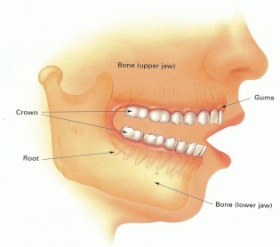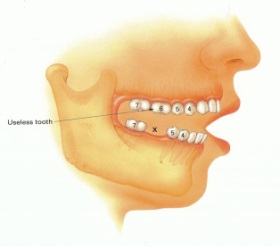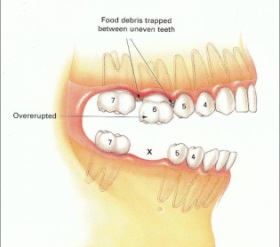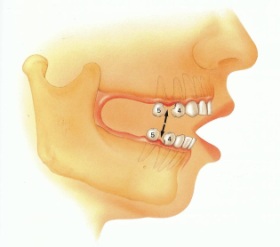This website uses cookies so that we can provide you with the best user experience possible. Cookie information is stored in your browser and performs functions such as recognising you when you return to our website and helping our team to understand which sections of the website you find most interesting and useful.
Endodontist Birmingham
What is it?
Teeth are held in the jaws by their roots. Front teeth normally have one root, but teeth further back have more.
At the core of each tooth is a soft mass of tissue called the pulp. In a healthy tooth, the pulp contains living fibres, cells, nerves and a blood supply, extending into the root(s) through the root canal(s).
Decay or injury can destroy the living pulp. Because dead pulp lacks a blood supply, it is more prone to infection, leading to an abscess and toothache.
Root canal treatment (also known as root filling or endodontics) means removing damaged or dead pulp and filling the space left. The remaining tooth can then be repaired.
What will my dentist do?
- An x-ray can show the number and shape of the root canals, and also signs of infection
in the surrounding bone. Teeth can have a number of roots and some roots are easier to
fill than others, because of their shape. - To keep root canals dry during treatment the dentist may stretch a sheet of thin rubber
around the tooth, on a frame outside the mouth; this is called rubber dam. Having this
fitted makes the treatment more comfortable. - You will be given a local anaesthetic, and then an opening is made through the top of the
tooth, down into the pulp. - The dentist then uses narrow files to remove the dead pulp from the core of the tooth
and from the root canal(s). - At this point, the dentist may put in a temporary filling and possibly also give you
antibiotics if any infection has spread beyond the tooth. If so, you will have to return
at a later date, once symptoms have settled, so the dentist can complete the treatment. - In the next stage, the dentist fills the root canal(s). A filling is then placed in the
remaining cavity in the top of the tooth. Or, if necessary, a crown can be placed on top
of the tooth, supported by a post placed inside of the filled root canal. - Root filled teeth can become darker than other teeth, but bleaching can be used to make
them look lighter.
What are the benefits?
- Pulp damage can cause toothache but the pain will usually end very quickly when the root
canal is cleaned out. - Without a root filling, a tooth with a dead pulp would probably have to be taken out in
the end. There is also a possibility of infection spreading beyond the tooth itself. - Root-fillings are usually successful and can last many years, but re-treatment is also
possible if infection recurs. Occasionally, if inflammation persists at the tip of the
root, surgery can be carried out to remove part of the root, clean the area and put in
a filling. This is known as apicectomy.
Why replace a missing tooth?
 |  |
|---|---|
| 1. Full set of teeth | 2. Tooth (lower 6) missing |
 |  |
|---|---|
| 3. Tooth (upper 6) over erupts, causing food trapping | 4. Tooth (lower 7) tilts forward, causing gum problems |
–>
The sequence of pictures demonstrates what can happen to a patients dentition over a period of time if a tooth is not replaced.
1.   Once tooth lower 6 is lost the top tooth does not have a “partner ” to bite against.
2.   All teeth are in ligaments and move, because tooth top 6 has nothing to bite against , it has nothing to keep it in place and therefore starts to over erupt.
3.   When this tooth over erupts food can more easily get trapped between the upper teeth.
4.   The tooth behind the missing lower 6 can start to till forward causing gum pocketing to the front of this tooth.
5.   Over usually many years these teeth will continue to deteriorate and may be lost.
6.   Replacement of the lower 6 with a dental implant should stop the above sequence from occurring, preserving the jaw bone and helping to stabilize the whole dentition.
<!—->
 <!– <!– |  |
|---|---|
| 5. Molar teeth lost, premolars drift backwards |
Give us a call on 0121 357 5000 to book an appointment with our dentists in Birmingham.

